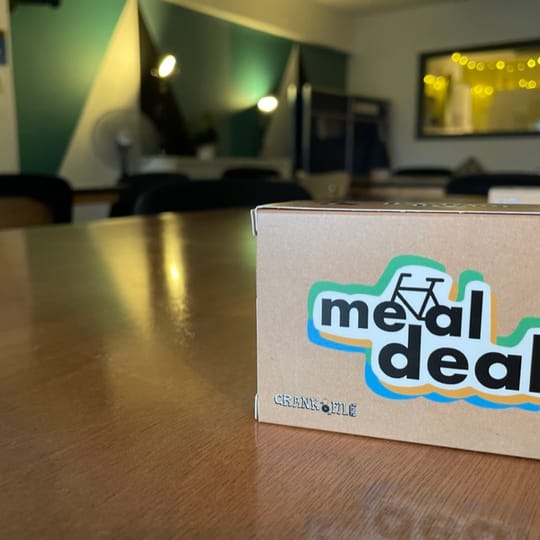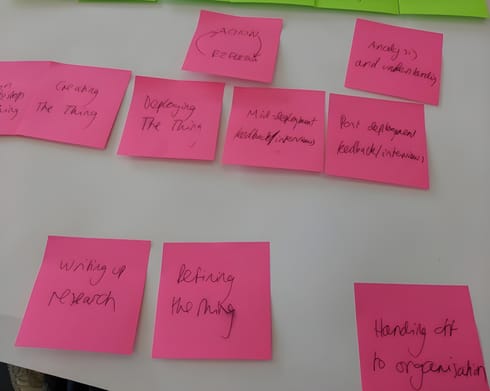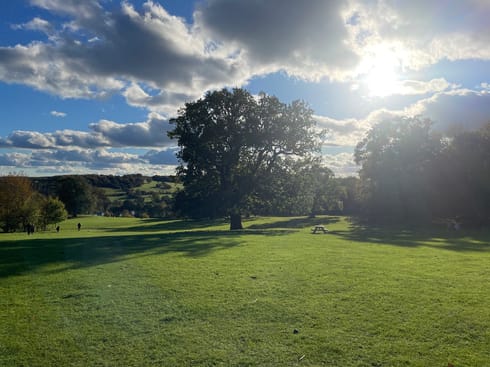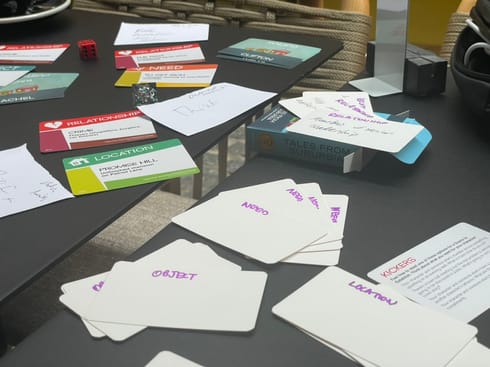
We’re launching our games for research, engagement, and impact service. It’s a result of conversations with academics, hearing that academics want to do fun activities to communicate their research, and making games with academics.
Whether you’re writing bids, evaluating, or disseminating your research project you’re probably thinking about how to communicate your research in fun and engaging ways to a range of audiences.
Are you interested in communicating key themes and experiences from your research in novel ways to a broad range of stakeholders (e.g., public-policy, key leadership, decision-makers, general public)?
We work with our clients to design games, immersive experiences, and interactive narrative systems for engaging audiences in playful ways with serious topics and complex systems. Whether you’re thinking about a REF impact case, or are just looking to translate your academic outcomes for different audiences, we can cater for you.
Board, card, and roleplaying games can be incredible tools at any point of the research lifecycle. Whether youʼre writing a grant application, collecting new data, or trying to make your research have a lasting impact, tabletop games can be a huge asset.
We work with our clients to design games, immersive experiences, and interactive narrative systems that playfully engage audiences on serious topics and complex systems. Some examples of our prior work include:
- We designed The Tomorrow Deck to help people settle into research workshops and engage them in creativity and lateral thinking processes, ahead of data collection or engagement
- We disseminated findings playfully and experientially to help people understand cycle courier’s experiences and the reality of gig work in Meal Deal
- We designed and hosted an engagement and impact event, to help people experience reproductive justice and abolitionist futures at a felt and bodily level in The Museum of Lost Futures
Our process
We don’t just reskin popular games with themes from your research, we want to understand your work and deliver a game that is bespoke to your work, the intended audience, and the messages you wish to communicate. We understand that Academics are at different points in the research project lifecycle, want to communicate with different audiences, and have different intentions for their dissemination activities.
There are two key principles to our game design offering:
- Knowledge communication: making sure that the audiences know the things you want them to know
- Experience creation: making the audience feel the things they need to feel
1. Understanding your research
We work with you to explore themes from your research, and think with you about the ideas, experiences, or systems that you might want to communicate through a game.
2. Prototyping initial game mechanics
Then, we’ll work with you to find the right way to create those experiences and encounters through a game. We usually start with card games or role-playing games, because they’re quick to iterate and cost-effective to print—but if the situation demands it, we’re happy to explore bigger board games or immersive experiences.
3. Developing game assets
To develop a fuller game once we’ve developed a prototype with you, we’ll spend some time developing all of the necessary game assets. That will involve things like writing text for cards, deciding on components, and writing the game’s rules.
4. Testing and iterating
After we’ve got a game prototype, the fun part begins—testing and iteration. Our prototyping process is rapid and lightweight, to ensure that we can make changes as we design and playtest to reach our intended goals.
5. Designing the visual experience
After prototyping and testing, we will help you to think about the visual designs you want in the game. Here, we’re trying to help you think about how to translate themes from your research into the player experience and visual storytelling in the game.
6. Production and printing
Finally, we manage the process of production and printing the game so you don’t have to. We’ve worked with printers across the country and know the right suppliers to create a high-quality game that’s right for your budget and use case.
Optional: hosted play and facilitation
After we’ve produced and printed your game, we can help you to host play sessions of your game. We are experienced facilitators, gamesmasters, and playtesters, so we can help to ensure your intended audience gets the most of playing.
Our costs
- We can do the full game design process described in the slides from £8000. (Optional activities cost £400 per session.)
- We can make a lightweight prototype with you from £1600.
(Lightweight prototypes are just those first two stages.) - Host a reflective play session of an existing game from £200
- Adapt an existing game to your research context from £800
In all of this, we're open to discussing price (and process) if something different would work better for you.
Lets talk about working together
We have successfully supported academics to work with us via:
- engagement and impact funds,
- commercialisation funds,
- Strategic Priority funds (e.g. QR-SPF),
- new and existing grants
If you’re interested but don’t know how it could work financially—it’s still worth a chat, as we might be able to help you think about or access sources of funding, or link you up with others interested in similar projects.
If you'd like understanding more, you can read our full service description below.



